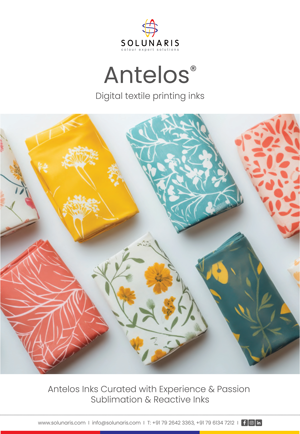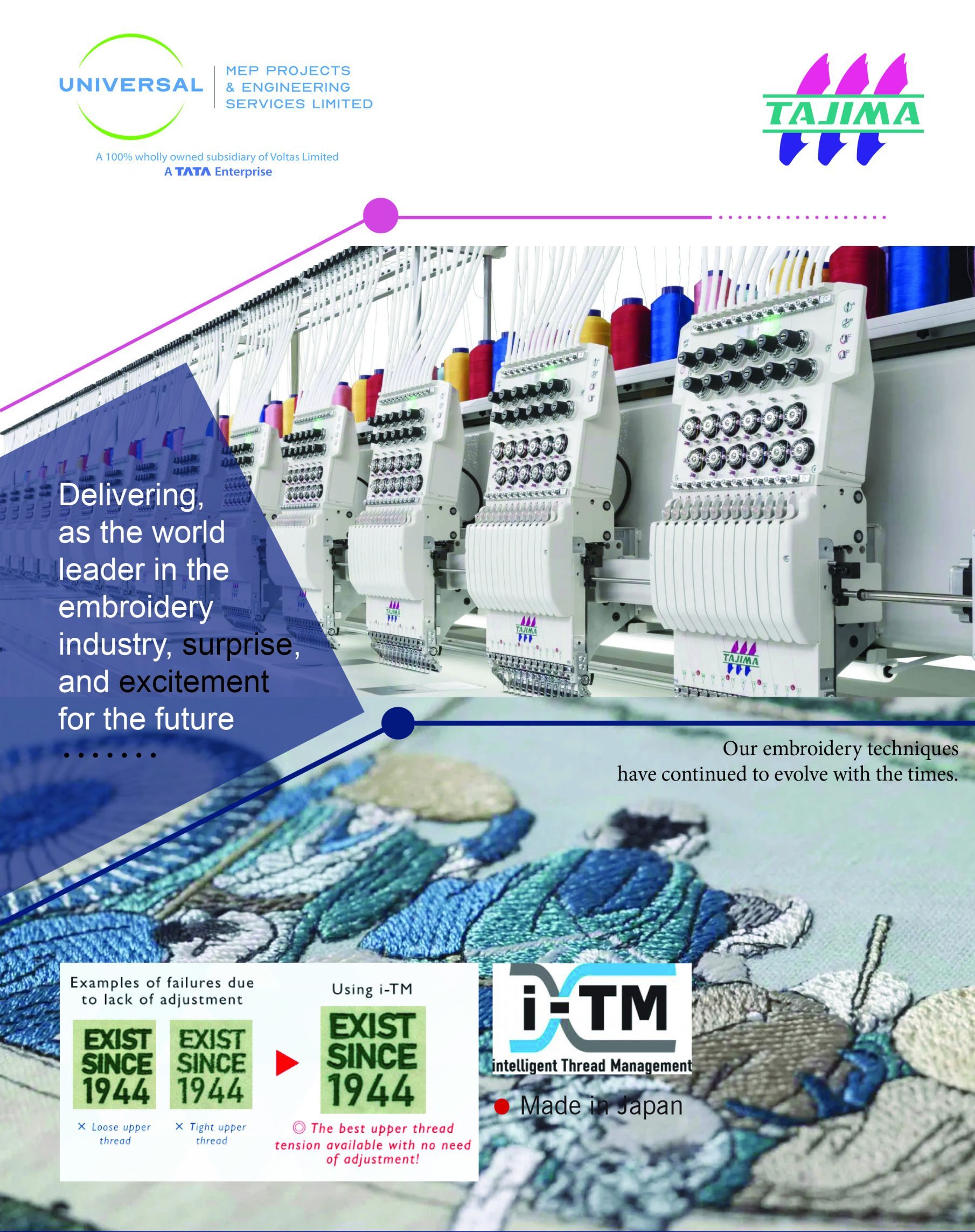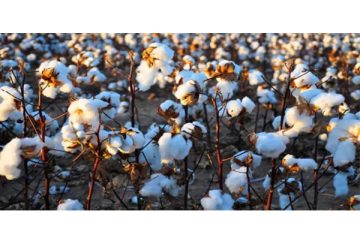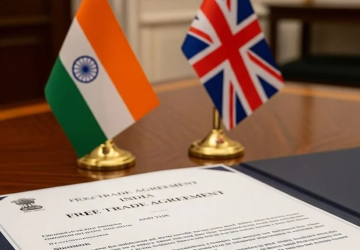 Swedish fashion company H&M and US denim brand Lee have launched a collaboration aimed at developing the next generation of more sustainable denim. The ‘holistic collaboration’ is set to lead to new design and production developments from H&M’s first ever 100 per cent recycled cotton jeans, to non- leather backpatches made from cork and jacron paper.
Swedish fashion company H&M and US denim brand Lee have launched a collaboration aimed at developing the next generation of more sustainable denim. The ‘holistic collaboration’ is set to lead to new design and production developments from H&M’s first ever 100 per cent recycled cotton jeans, to non- leather backpatches made from cork and jacron paper.
For the first time, H&M will also share Life Cycle Assessment (LCA) data on its hm.com website indicating the water, C02 and energy impact of each denim garment from raw materials to end of use. The partnership will also involve joint ‘Lee x H&M’ collections for women, men and kids, which will be available online, as well as from selected H&M stores, from 28th January.
“We just loved working with Lee to push for change. A change for more sustainable and circular denim garments. We looked at every detail and challenged each other in a positive way,” said H&M Designer Jon Loman.
Lee EVP global brand President Chris Waldeck commented: “Lee is proud to be collaborating with H&M to continue our efforts to make better denim. Our brand was founded more than 130 years ago with innovation in mind, and today we are happy to be joining with H&M to advance denim into a more sustainable future.”
The two brands say they looked at every stage of denim production to put sustainability at the heart of design on products such as H&M’s first 100 per cent recycled cotton jeans, made from 80 per cent post- industrial waste and 20 per cent post-consumer waste.
The collection also features cotton-free denim made from renewable man-made fibres, as well water- saving dyes and lower impact denim washes that are third party verified for their lower water usage, chemical and energy consumption.
In lieu of leather patches, all jeans feature animal-free labels derived from cork and jacron, a kind of washable craft paper.
Both Lee and H&M are members of the Ellen MacArthur Foundation’s Jean Redesign project, which is working to create more circular denim. In October, H&M feted its first men’s collection designed following the initiative’s guidelines. Earlier in 2020, Lee rolled out its new sustainability roadmap.

















